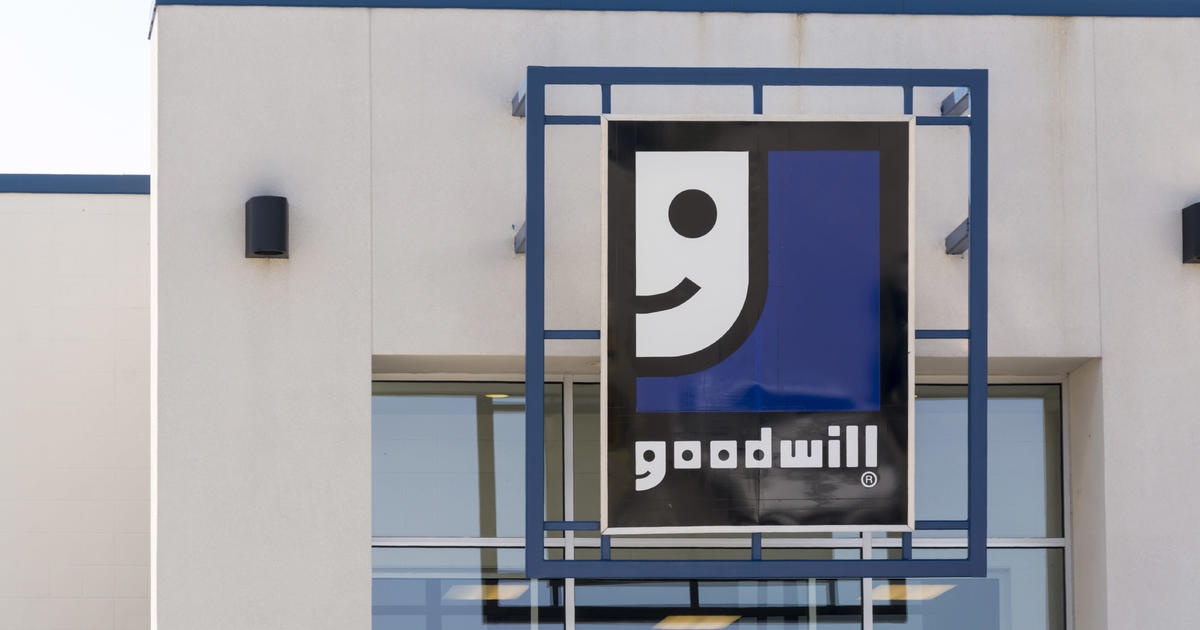With Uncertainty Ahead, Businesses Should Look To Unbiased Alternative Funding
By BJ Lackland of Lighter Capital
There's only one thing certain about the next four years, and that's uncertainty. No one knows what's going to happen next, perhaps not even our new president himself.
All we do know is that 2017 will be a wild ride. A year in which a single tweet can send the markets crashing. A year in which employers with workers who aren't American citizens -- even those here legally -- won't be able to count on the stability of their workforce. A time in which bizarre happenings will likely throw wrenches in the gears of even well-run companies, especially those that are growing fast.
All this means that venture capital funding is about to become even more difficult for startups to rely on than it was before.
While VCs try to reduce risk through strategies like pattern recognition, each new enterprise they fund constitutes a big bet. And it's hard to bet on a company that may not be able to stick to a business plan in a shifting environment.
Take staffing as an example. Many engineers and other workers in the tech industry are here on H1-B work visas. With Trump's combative rhetoric on immigration -- including, at times, harsh words for the H1-B program -- it's hard to be sure foreign workers have staying power. Businesses allocating expenditures for staffing have a hard time forecasting when they can't count on potential employees' ability to remain in the country.
For reasons like this, VCs tend not to invest as much in new businesses when the future is uncertain, but instead, hold back more money to bolster their existing investments. As things stand now, VCs will invest in one of every 100 companies that pitch to them. As uncertainty increases, that may change to one of every 500 or 1,000. It will become increasingly difficult for entrepreneurs who aren't already in a VC's inner circle to get funding in the coming years.
Alternative funding sources like Lighter Capital approach financing decisions more objectively than equity investors. What VCs call pattern recognition -- which is a technical name for a hunch -- too often relies on "birds of a feather" thinking while overlooking the probability for success backed up by data and past performance. Alternative funding sources, on the other hand, tend to be more heavily informed by quantitative assessment, which means each bet is less risky. Considering that, these financiers are more likely to keep on making those bets, even when things may not go according to plan.
Further, VCs need diamond-in-the-rough enterprises that will see tremendous growth and profit to make up for bad bets. Conversely, alternative funding models tend to be more flexible. For example, at Lighter Capital, we don't demand a set level of growth within a given period, but our own returns are still closely aligned with our clients' growth. That allows us to take chances on new businesses without requiring personal guarantees. With this model, we can fund companies on fast-track to unicorn status alongside equally great businesses on slower growth trajectories. If those we fund progress quickly, great; if they progress rapidly, even better. If they suffer a setback, we support them to get progress back on track.
We call this "unbiased alternative funding," a growing field in which funders like us use data to determine which enterprises are quantifiably solid prospects. In a new up-is-down political reality where bias is excused or even celebrated, we know that objectivity and the meritocracy it creates makes for better business. Of course, stability doesn't hurt either, but we can't wait around for that.
BJ Lackland joined Lighter Capital as CEO in 2012. BJ has spent more than 15 years on both sides of the table of small business financing, including time as a VC and angel investor, the CFO of a public technology company and an executive at startup technology companies.
The views, opinions and positions expressed within this guest post are those of the authors alone and do not represent those of CBS Small Business Pulse or the CBS Corporation. The accuracy, completeness and validity of any statements made within this article are verified solely by the authors.



